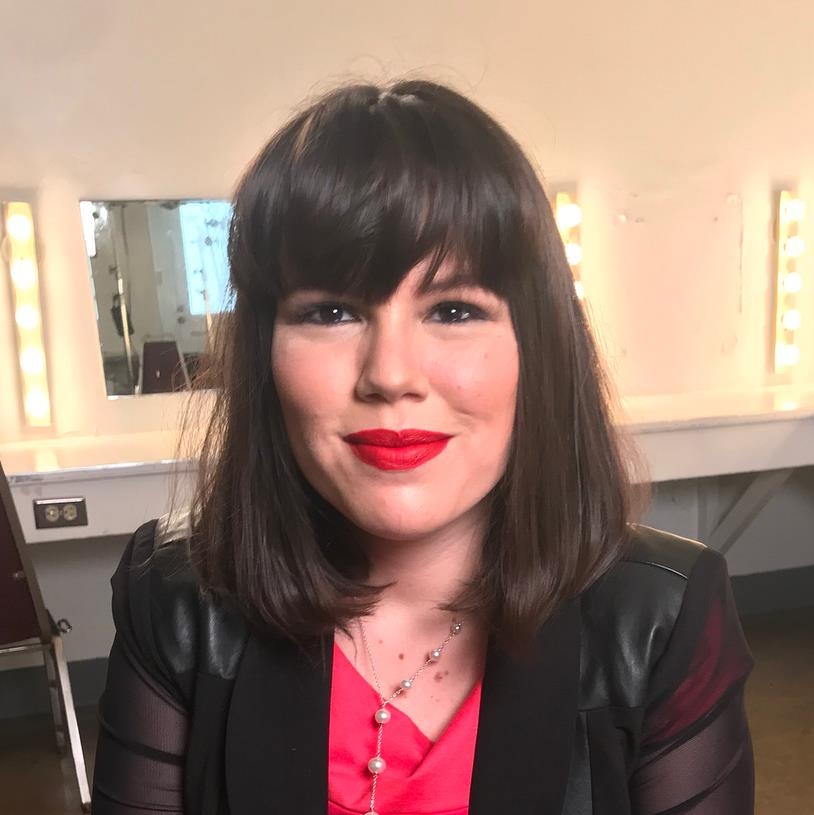Physician Assisted Suicide and the Disabled
Is life with a disability worth living? If not, should the disabled be able to request death at the hands of their doctors?
On January 1st, California became the fifth state to allow physicians to prescribe lethal doses of medications to their terminally ill patients who want to die, this process is known as Physician Assisted Suicide (PAS).
Terminal illness is often described with terms like “life support,” or “terminal without assistance of external equipment” but, of course, there are many people with disabilities who use respirators or even iron lungs, without being terminally ill.
Inherent in the request for PAS is the idea that one’s quality of remaining life is sufficiently impaired that continued life would be cruel, yet the language used to describe quality of life are terms that illustrate what some disabled people experience in their everyday lives… lives that are worth protecting.
Dr. Rhoda Olkin, Professor of clinical psychology at Alliant’s California School of Professional Psychology and the author of What Psychotherapists Should Know about Disabilities, advocates against PAS legislation and warns of the dangers to the disabled community.
“I have lived with Polio nearly my entire life. There are many of us who have overcome the cruel adversities thrust upon us and yet, if in a moment of depression or weakness, I requested PAS, I would be granted a death with ‘dignity’.”
John Kelly, New England Regional Director of the advocate group known as Not Dead Yet, takes exception to the states’ definitions of dignity. “The word dignity is never defined in any of the bills – it depends not on anybody’s worth but on an ability based meritocracy,” Kelly said. Kelly has been living with a disability for three decades and, like Olkin, believes that PAS is a serious threat to the disabled. “In many ways PAS is like the death penalty in that it allows mistakes and abuse to put innocent people in to harm of death.”
Not only is PAS a difficult subject for any society to address, but it seems particularly dangerous to people that have felt devalued because of their disabilities, and have been told repeatedly that people would rather die than be like them. “What these bills do is they pose a direct threat to democracy because they upend our egalitarian commitment to everyone having equal value,” says Kelly.
Many might say that with the facility of Physician Assisted Suicide, adversity gains victory over the resilience of the disabled. The disabled are a vulnerable population, they have been subjected to genocide, forced sterilization, stigma, and discrimination. These issues must be addressed before we can throw ourselves down the rabbit hole of assisted suicide. As Dr. Rhoda Olkin said, “I don’t want to talk about how to die until we’ve addressed the oppression affecting how I live.”
__________________________________________________________________
Cielo Villasenor is Alliant's Communications Manager



